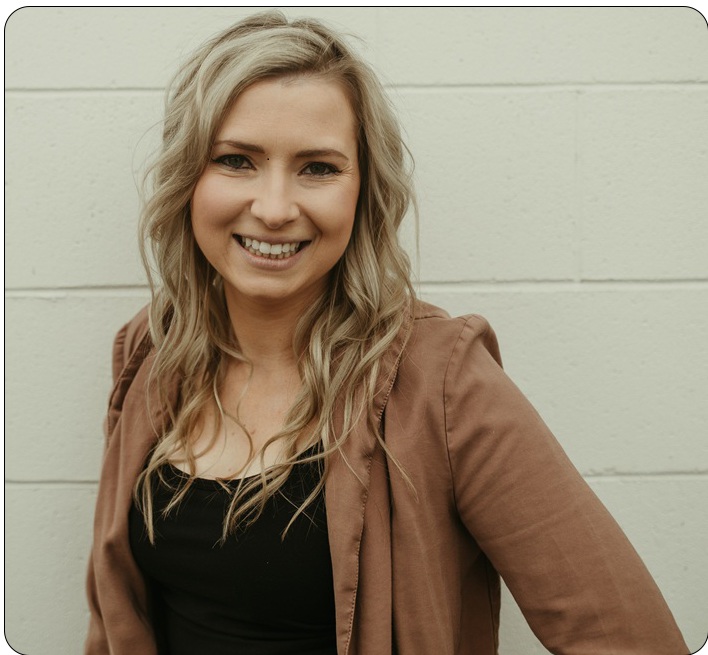Open vs Closed Mortgages: What a Client Needs to Know

Please share this article with your clients by downloading the PDF below. It explains common terms that will help them choose the mortgage that best meets their needs.
Choosing a mortgage is one of the most important financial decisions you’ll make. Open vs. closed mortgages. Fixed vs. variable rates. Amortization period vs. term. It can be overwhelming. Before you bury your head under the covers, read this article to help you make sense of it all. Then ask your mortgage broker if you have any follow up questions.
Amortization vs Term
A mortgage has both an amortization period and a term:
What exactly does amortization period mean?
The amortization period is the number of years it would take to repay the entire amount of the mortgage. Typically, this is 25 or 30 years, but there are ways to reduce the time it takes to pay down a mortgage, like:
-
- Increasing your payment amount. Even a small increase makes a big difference.
- Taking advantage of your prepayment options to make a lump sum payment.
- Increasing your payment frequency. The more often you pay against your principal amount, the less interest can be charged against it.
Mortgage term definition
- The term is a shorter period of time in which you are committed to a specific interest rate and lender. For example, your bank might offer mortgages with 1-year, 2-year or 3-year terms. When the term is up, you can pay the balance owed, renegotiate the rate and renew or change lenders. You will likely renew your term several times over the life of the mortgage, until the full amount is paid. There are two types of terms—closed and open.
In short, the amortization period is made up of several terms.
Here’s a closer look at closed mortgages compared to open mortgages:
Closed mortgage |
Open mortgage |
A closed mortgage can’t be renegotiated or repaid in full before its term is up, or there will be prepayment charges. Some closed mortgages have prepayment options that, once a year, allow you to make a lump sum payment against the principal amount.Closed mortgages tend to have lower interest rates because you are committing to the lender for a set amount of time.A closed mortgage might be right for you if you:
|
An open mortgage can be repaid at any time during the term without a prepayment charge.Open mortgages usually offer higher interest rates in return for flexibility.An open mortgage might be right for you if you:
|
So, what about those prepayment charges? If you’re not sure you want to lock in with a closed mortgage, ask your mortgage broker how the mortgage penalties are calculated. Sometimes the penalties are less money than the increase in interest you will pay with an open mortgage. Your mortgage broker can help you run the numbers.
Fixed vs. variable mortgage rates
Deciding between an open or closed term is not the only factor to consider when applying for a mortgage. Interest rates can be variable or fixed. Lenders will offer various combinations of open and closed, variable and fixed-rate mortgages.
Fixed rate |
Variable rate |
A fixed rate is set for the entire term of the mortgage.Fixed rates tend to be higher than variable rates because you get the stability of that rate for your mortgage term, even if interest rates go up.A fixed rate might be right for you if you:
|
A variable rate increases or decreases when the prime interest rate does.Variable rates tend to be lower than fixed rates because they fluctuate. You are taking a risk that interest rates won’t increase suddenly. If the rates decrease, more of your payment will then be applied to your principal, or if rates increase less is paid to the principal.With a variable rate, you can choose fixed or fluctuating payments.
A variable rate might be right for you if you:
|
Talk to your mortgage broker about the mortgage options available to you. They’ll help you weigh the pros and cons so that you can make an educated decision on what works best for you and your situation.
![]() Download this open vs. closed term mortgages PDF for your clients.
Download this open vs. closed term mortgages PDF for your clients.










